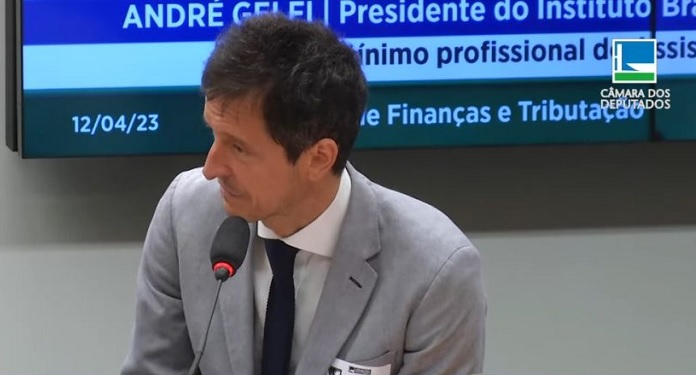The sports betting sector is booming in Brazil, injecting around R$3.5 billion into football. For this reason, betting regulation is considered fundamental in the long term by the president of the Brazilian Institute of Responsible Gaming (IBJR), André Gelfi.
Brazil stands out as the world leader in access to betting shops last year, registering 3.19 billion, according to data provided by SimilarWeb.
Bill No. 3,626/2023, which proposes market regulation, is scheduled for a vote in the Senate Plenary this Tuesday, 12th.
The report by senator Angelo Coronel (PSD-BA) modified the taxation on the gross revenue of companies in the betting sector, reducing it from 18% to 12%.
Furthermore, he reduced income tax on bettors’ winnings, from 30% to 15%, for prizes above R$2,112.00.
For Gelfi, betting regulation can position Brazil as a global reference
In an exclusive interview with EXAME, André Gelfi highlighted that betting regulation will contribute to strengthening the national market.
He stated: “The law is beneficial for the sector and the country, but its success will depend on the details decided by the senators. The Economic Affairs Committee (CAE) made modifications. And, it presented objective suggestions in the bill, the result of the debate with the federal government and our sector.”
“The sustainability of the market and its long-term functioning depend directly on regulation, especially in the economic scenario. Taxation coincides with the potential to expand the formal Brazilian market, making it attractive and enabling the entry of new companies”.
“The regulations and text of the project can position Brazil as a reference in precise and responsible rules for sports betting and online games”, he pointed out to Exame.
Taxation
Furthermore, the president of the IBJR was also questioned about the taxation of bettors, a rule changed by senator Angelo Coronel in response to a market request.
“With the high taxation of users, there may be a greater search for illegal websites, where it is not necessary to pay taxes, but there is a risk of fraud, data theft, security breaches, non-payment of balances and even the lack of devices responsible gaming, so important to support users at risk of developing addictions.”
“For these and other reasons, it is essential to regulate betting with taxes that make the activity sustainable for both operators and bettors”, concluded André Gelfi.




















































